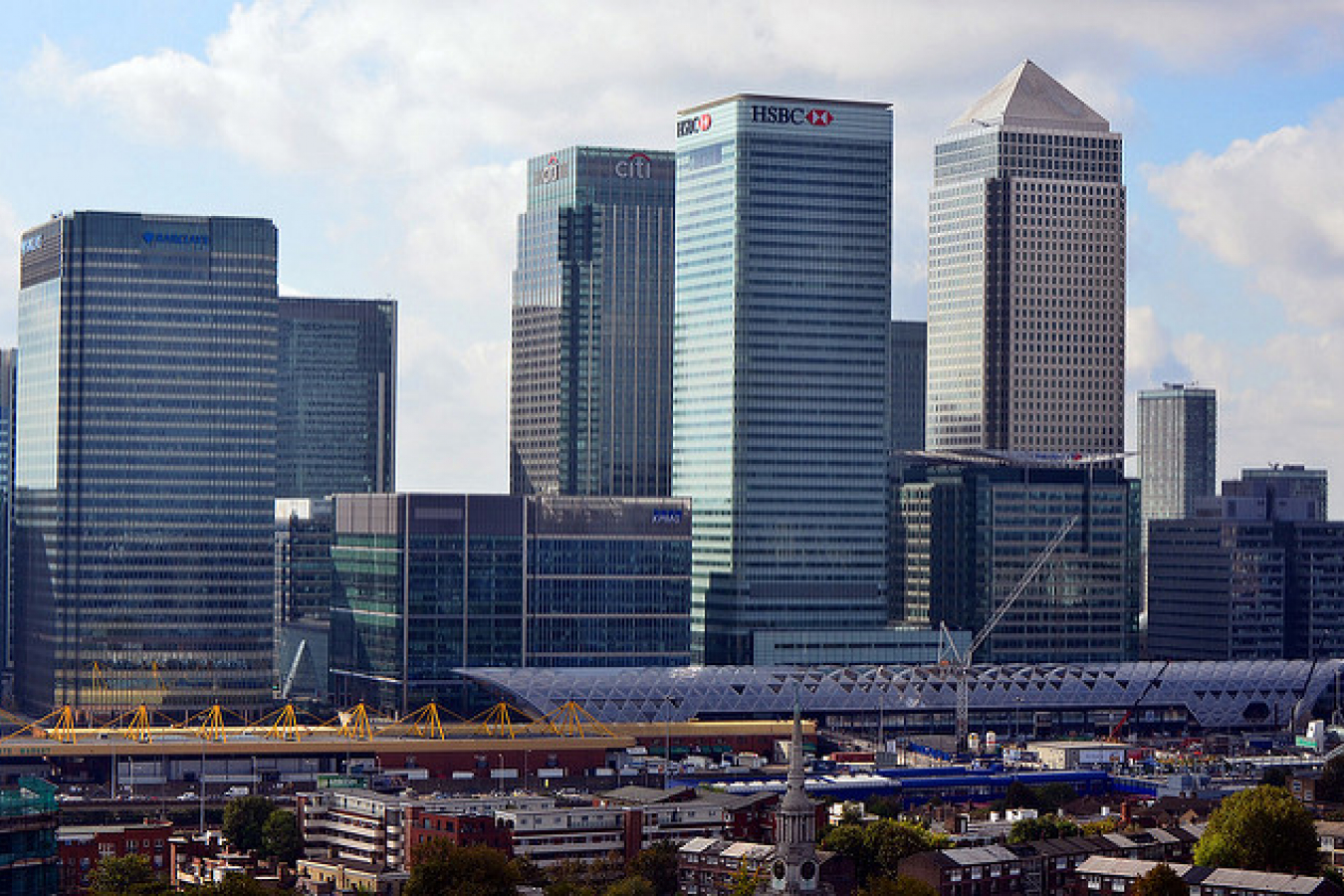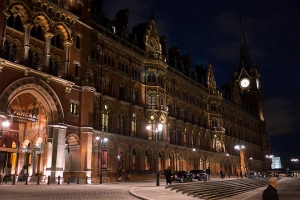Support migrant centric journalism today and donate

 • Watch This Video
• Watch This VideoThe Queen's Speech includes a new Border and Immigration Bill. What will it contain?
When John Reid took over as the UK Home Secretary in May the first item in his in-tray was immigration, and especially sorting out the scandal of foreign prisoners who had not been deported after serving their sentences.
The fiasco cost his predecessor, Charles Clarke, his job and Mr. Reid knows immigration is an area which both the Conservatives and the media keep a close eye on.
So it is not surprising he has put before Parliament a Border and Immigration Bill, which seeks to tackle loopholes through which illegal immigrants enter the country and speed up the process of deporting criminals.
A vivid example was reported on November 13 when a gang of violent street robbers was jailed for a series of attacks in London. Judge Witold Pawlak ordered they be deported after serving their sentences and told them: "Your continued presence in the UK is a real threat to the public."
But in the past there have been mistakes with ensuring that such dangerous criminals are kicked out of the country when they come out of jail.
Reform of IND
In one case a judge even said he was not going to bother ordering someone's deportation because he had no confidence in it being carried out.
As part of the new bill Mr. Reid plans to reform the much-criticized Immigration and Nationality Directorate (IND).
He also plans to improve data sharing between the IND and HM Revenue and Customs.
He said the legislation would also make it absolutely clear there should be an "automatic presumption" that foreigners who commit serious crimes would be deported.
The bill also proposes streamlining the appeals system to speed up deportations.
It will create a new category for people who are claiming asylum but have committed serious crimes. This is a response to the case of several Afghans who claimed asylum after hijacking a plane and landing at Stansted airport in Essex.
The hijackers won an appeal against deportation and were given the right to stay in Britain.
Powers of arrest
Under the new bill such people - or others who have committed offences while awaiting a decision on their asylum application - would be barred from access to jobs, housing and benefits.
The new legislation will also give immigration officers enhanced powers to arrest people.
Immigration officers will also get more powers to seize cash and assets belonging to human traffickers.
The legislation will also extend the use of biometrics - such as fingerprints - from foreign nationals.
The government says biometrics help them keep track of people abusing the system.
Related:
• Immigrants help the UK economy grow by 3 percent• UK Tory leader: immigration is good for Britain
• Migrant workers in the UK have brought many benefits
• Centre opens in Britain to combat forced illegal immigration





















